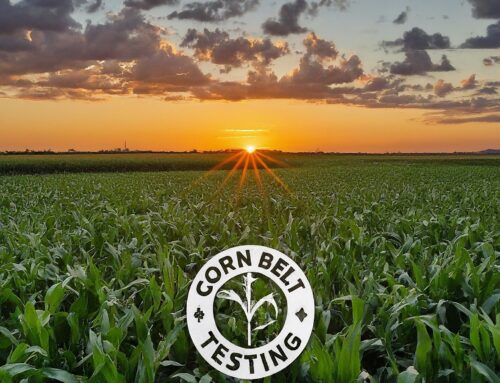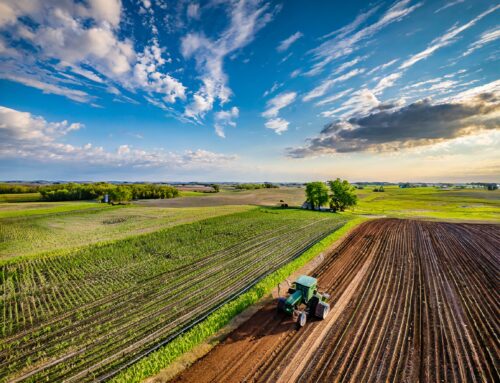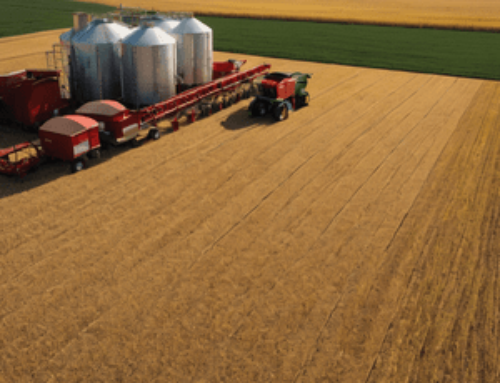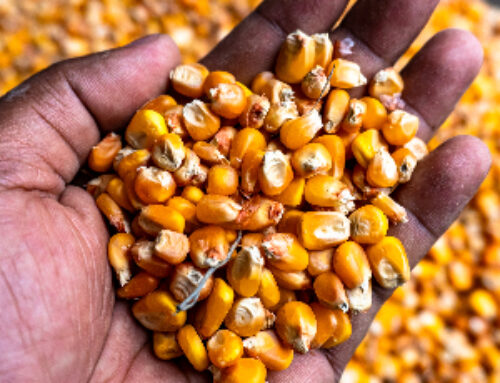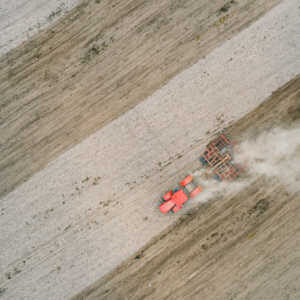
Preparing for planting in the spring is an essential step for commercial corn farmers. Here are the main things they need to do:
- Check the equipment: Before planting, commercial corn farmers should inspect and prepare their planting equipment. This includes checking the seed drills and planters, as well as the tractors and other machinery. Any maintenance or repairs that are needed should be carried out before the planting season begins.
- Create a planting plan: Commercial corn farmers need to plan when and where to plant their corn. They should consider the local weather conditions, soil quality, and other factors that can affect plant growth. A good planting plan should also consider the desired yield, so farmers can make the most of the available land.
- Prepare the soil: Once the planting plan is in place, commercial corn farmers need to prepare the soil for planting. This can involve tilling, fertilizing, and removing any weeds or debris. This helps to create a favorable environment for the seeds to germinate and grow.
- Choose the right seed: The type of seed that commercial corn farmers choose can have a significant impact on the quality of their crop. Farmers should choose seeds that are well-suited to their local environment and soil conditions. This can include choosing seeds that are resistant to pests and disease, and that has a high yield potential.
- Time the planting: Timing is crucial when it comes to planting corn. Farmers need to plant their seeds when the soil has warmed up enough for germination. They should also consider the predicted weather conditions to ensure that the crop has the best possible start. For example, planting just before a period of heavy rain can help to ensure that the soil remains moist during the early growth stages.
- Monitor the crop: Once the corn has been planted, commercial farmers need to monitor the crop closely. This can involve regular inspections to check for signs of pests, disease, or other issues that could affect the yield. Farmers should also keep a close eye on the weather conditions and adjust their irrigation and fertilization practices as needed.
In summary, preparing for planting in the spring involves careful planning and preparation, as well as regular monitoring and maintenance of the crop. By following these steps, commercial corn farmers can help to ensure a healthy and successful harvest.
How Corn Belt Testing Inc. Can Help
Corn Belt Testing, Inc. is offering a range of grain testing and sampling equipment that will help you prepare adequately for the harvest season. The GAC-2700 AGRI is one of the newest grain moisture testers that utilizes the latest analysis technology to provide repeatable results and enhanced security. As you prepare for harvesting, consider the benefits of using a modern user interface that gives you accurate results within a shorter time. Call Jim today at 1.866.845.6249 and let us help you choose the right equipment for your farm.



